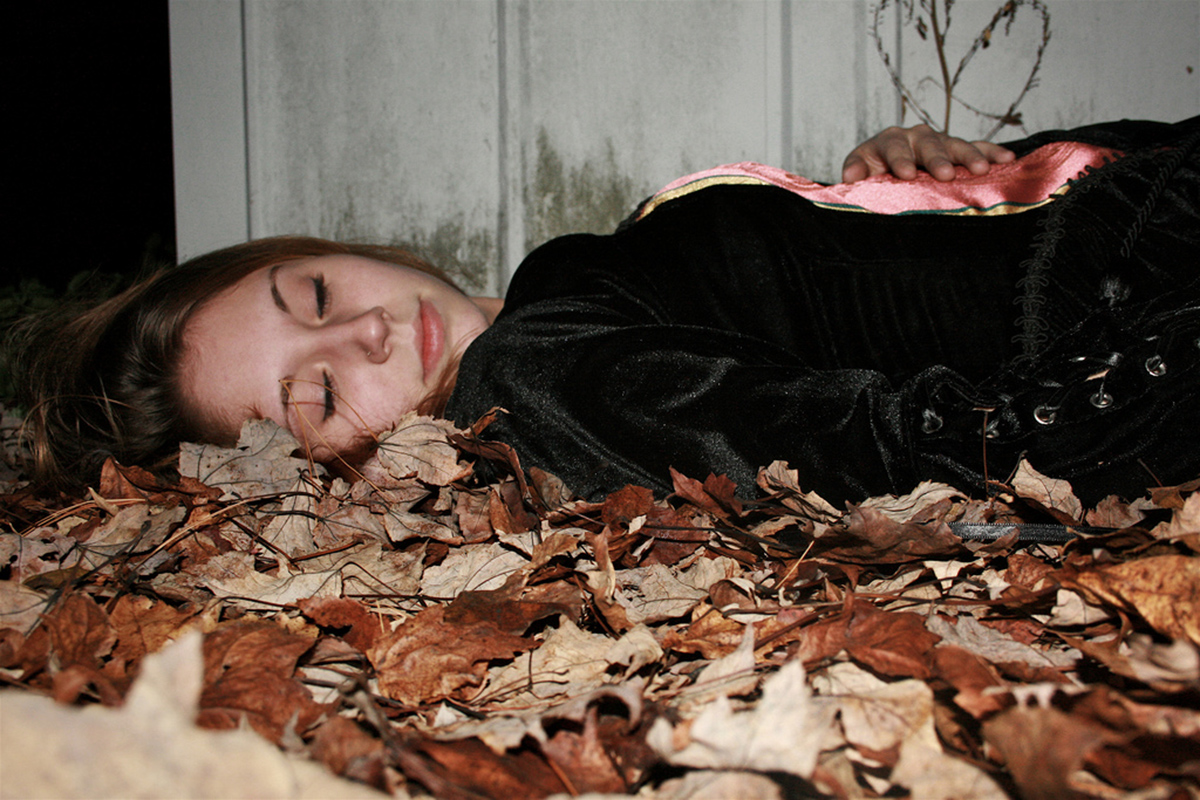Table of Contents
At the end of every term, high school and college students find themselves staring down the barrels of final exams. Nearly every student has some study ritual to increase their chances of success on their tests.

Some students spend precious minutes, or hours, building the perfect study nest for their exam preparation. They may look for just the right desk or cubicle in the library, or carefully lay out their books and notes and brew the perfect pot of coffee, or two, or simply surround themselves with textbooks in the hopes that some of the knowledge they need to be able to demonstrate will seep into their brains by osmosis.
Some college students host their best parties just before exams, perhaps in an effort to make it easier to make an A on the grading curve. Other college students waste their time complaining to each other about how the lectures never prepare them for the test or all the questions don't come from the textbook. And some students study so hard the night before finals they fall asleep during the first question.
What Science Tells Us About Memory and Sleep
Dr. Karen Debas, a PhD neuroscientist at the University of Montreal in Canada, recently published research findings that learning a new motor task and getting a good night's sleep resulted in better retention of the new learning than learning a new motor task and not getting a good night's sleep.
Debas and her collaborators recruited 24 volunteers aged 19 to 31. None of the volunteers had ever played a musical instrument, and they were all asked to learn how to play a simple tune on a box modified to work like a piano.
Half of the volunteers learned the tune in the morning and were asked to play it again later the same day. All of the volunteers were observed with magnetic resonance imaging (MRI) while playing the tune.
Dr. Debas and her fellow scientists observed that there were significant differences in the MRIs of the two groups of volunteers. The brains of the volunteers who had "slept on" their learning experience showed greater crosslinking and communication among the parts of the brain forming the cortico-striatal network, a group of structures in the brain that make intentional movement possible.
See Also: The 10 Most Important Signs Of Sleep Deprivation
Why Does Sleep Make a Difference in How Well We Learn?
Dr. Stephen Swinnen, a researcher with the Movement Control and Neuroplasticity Research Group in Leuven, Belgium, told Medscape Medical News that it is as if the brain practices new motor movements, in this, case, playing a simple tune on the piano, during sleep. But other researchers have found that sleep makes a difference in other kinds of learning as well.
- Debas K, Carrier J, Barakat M, Marrelec G, Bellec P, Hadj Tahar A, Karni A, Ungerleider LG, Benali H, Doyon J. Off-line consolidation of motor sequence learning results in greater integration within a cortico-striatal functional network. Neuroimage. 2014 Oct
- 99:50-8. doi: 10.1016/j.neuroimage.2014.05.022. Epub 2014 May 17. PMID: 24844748.
- Photo courtesy of Melissa O'Donohue via Flickkr: www.flickr.com/photos/melle_oh/3045163231
- Photo courtesy of Michael Pollak via Flickr: www.flickr.com/photos/michaelpollak/6666891615


Your thoughts on this